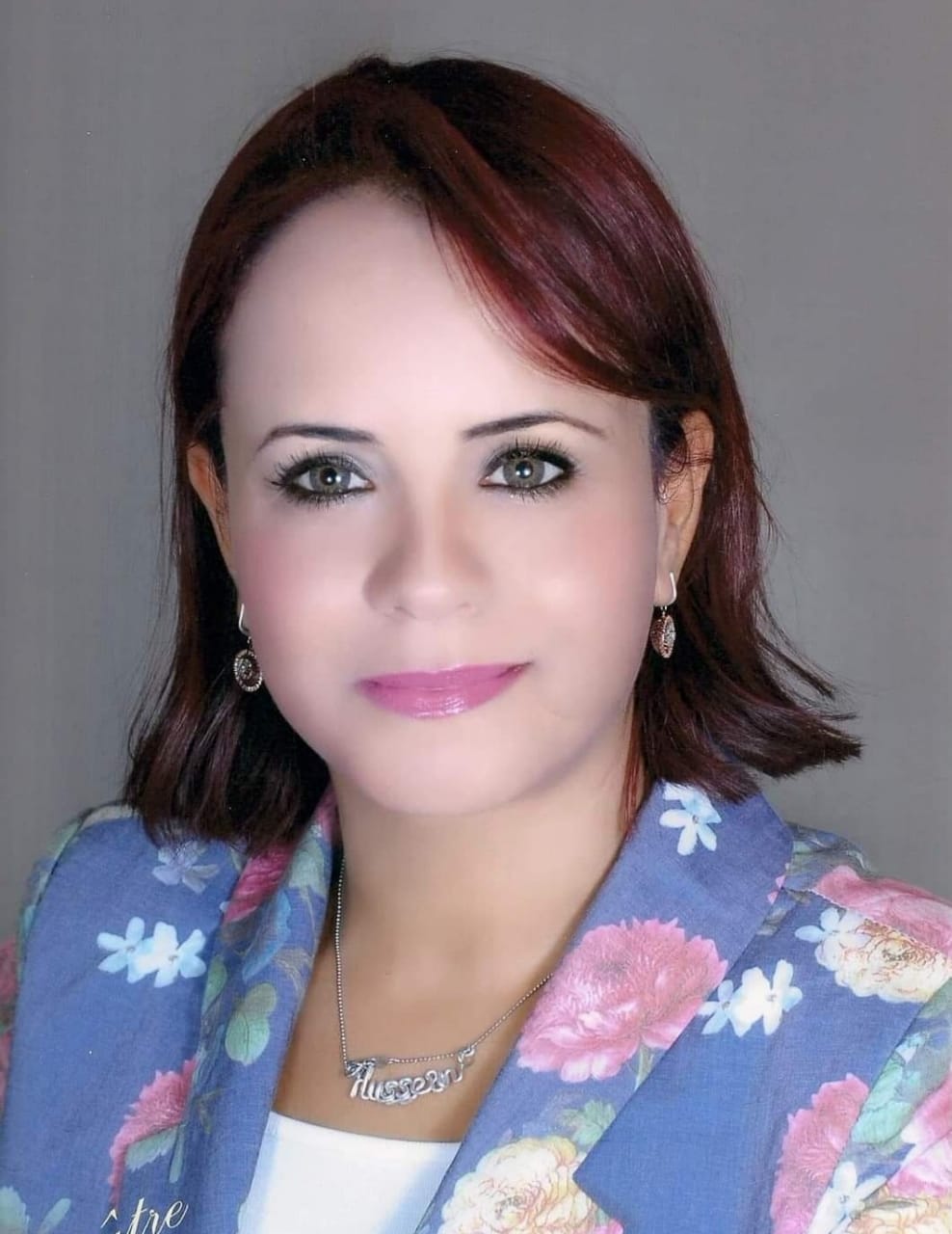54٪ من الإناث هي نسبة الصحفيات العاملات في القطاع الإعلامي حسب آخر إحصائيات قدمتها النقابة التونسية للصحفيين في سنة 2020. وعلى الرغم من هيمنة الإناث على القطاع، فإن تولّي الصحفيات مناصب صنع القرار في الإعلام التونسي لا يتجاوز 11٪.
هذه الإحصائيات، التي تعدّ عالية بالمقارنة مع دول عربية، لا تنعكس على الاهتمام بقضايا المرأة في غرف التحرير؛ إذ لا تُطرح إلا بشكل مناسباتي، إما في اليوم العالمي للمرأة (8 آذار/مارس) أو في اليوم الوطني (13 آب/أغسطس).
عدم قدرة النساء على التأثير لا يتعلق فقط بغياب طرح قضايا النساء، بل إن تحديد المتدخلين؛ سواء من سياسيين ومحللين أو حتى مُستجوَبين في الشارع، يقتصر دائما على الرجال أكثر بكثير من النساء.
ثمة جملة من الأسباب تفسر هذا الواقع، أولها أن المرأة الصحفية في غرفة التحرير، وأنا واحدة منهن، يخفن أن يتهمن بالنسوية، وأنهن يحاولن إسقاط مواضيع المرأة واستخدام سلطتها الإعلامية في تمرير مواضيع يعتبرها البعض ليست أساسية.
كما أن الانسياق وراء ما أفرزه المشهد السياسي الذي يهيمن عليه الرجال جعل المادة الإعلامية، وإن كانت تؤثَّث من قبل إناث وتقدم من خلال امرأة، لكن المشاركين الحاضرين فيها سياسيون من الرجال، دون قدرة على التأثير في القرار التحريري.
وقد اقتصر حضور المرأة بشكل نمطي يتعلق ببرامج يُنظَر إليها دائما بأنها من اختصاصها؛ من مثل الموضة والطبخ والتجميل، أو تحضر في بعض البرامج الاجتماعية بصورة المنكسرة المغتصبة المعنفة والمطلقة ...إلخ.
وبرغم الدورات التكوينية (التدريبية) التي حاولت الجمعيات والمنظمات غير الحكومية القيام بها لفائدة الصحفيات، من أجل التوعية بضرورة تدعيم حضور المرأة في المشهد الإعلامي والانعتاق من الصورة النمطية، إلا أن ذلك لم يحدث تأثيرا كبيرا في غرف التحرير.
فالصحفية بقسم الأخبار بالتلفزيون التونسي سامية بن حسين تؤكد أن "حضور النساء في غرف الأخبار نقطة مضيئة دون شك، باعتبار نضج المرأة المهني وتحملها المسؤولية باقتدار وإدراك لقيمة مساهمتها بل واحترافيتها التي غالبا ما تتفوق على احترافية الرجل؛ إذ تعتني المرأة عموما بالتفاصيل وتجتهد من أجل جودة المضامين".
لكن هيمنة حضور المرأة في غرفة أخبار التلفزيون، مثلا -حيث أكثر من ثلثي الصحفيين نساء- يخلق، حسب سامية، جوا نفسيا متوترا؛ بسبب غلبة شعور الغيرة وردود الفعل الانفعالية وتأثير الحساسيات الأيديولوجية والانتماءات السياسية والفكرية والاجتماعية.
أما فيما يخص خدمة الصحفيات لقضايا المرأة، فإن المسألة، وفق سامية، تبقى نسبية، "وتتعلق أساسا بنضج المعنيّات وعيا وانخراطا وتبنيا لقضايا المرأة، وهنا يمكن أن نسوق مثالا: حادثة موت العاملات الفلاحات سنة 2019 التي اشتغل على تغطيتها عدد محدود جدا من الصحفيات، مقارنة بحضور النساء الكبير في القسم؛ لأن الواقع الذي يدور في زوايا غرفة الأخبار في النهاية لا تتمثل فيه الصحفيات ذواتهن كصاحبات مواقف وقضايا نسوية، بقدر ما يتمثلن كمنتجات مضمون وحسب".
حسب تجربة عملي بإذاعة قفصة منذ سنة 2002، تقول الصحفية بالإذاعة الجهوية بمحافظة قفصة هنية عزازة إن العمل لا يفرق بين المرأة والرجل، لا سيما في أحداث عاشتها المؤسسات الإعلامية إبان الأيام الأولى من الثورة، أو تغطية الأحداث الوطنية الكبرى. وترى عزازة أن "الصحفية تقوم بنفس المهام التي يقوم بها الصحفي دون استثناء"، بل "إن الإذاعة التي أشتغل فيها تشغل 3 صحفيين مقابل عشر صحفيات".
وتعتقد عزازة أن وجود المرأة في غرف الأخبار لم يسهم قط في طرح المواضيع الخاصة بقضايا المرأة، وأن الموضوع لم يطرح يوما للنقاش؛ لأن العمل داخل قسم الأخبار يتم حسب ما تفرضه الساحة المحلية والعالمية من أحداث.
في نفس السياق، تكشف الصحفية بجريدة الصباح منية العرفاوي عن تجربتها – بصفتها رئيسة تحرير سابقة- قائلة إن القطاع الإعلامي في تونس مؤنث بامتياز، لكن المفارقة أن هذا التفوق لم يتجلَّ في طبيعة المضامين الإعلامية المقدمة، ولم يسمح أيضا بإثارة القضايا التي تشغل المرأة "وظلت حبيسة نظرة دونية لا تخرج عن قالب دور الضحية المفعول بها دائما".
وتقول منية العرفاوي إن وجود المرأة ما زال محتشما، واقتصر حضورها في بعض البرامج على الإثارة، أما القضايا العميقة التي تتعلق بالسياسة مثلا والاقتصاد وتصوراتها للشأن العام فهو مغيب، كما أن النماذج الناجحة للمرأة التونسية لا يتم للأسف التعريف بها والعمل على إبرازها.
وترى العرفاوي أن الصحفيات يتحملن المسؤولية في هذه الوضعية الحالية، ويجب أن يتحلين بالشجاعة للقطع مع الحضور "المناسباتي" قائلة في هذا الصدد: "ثمة مفارقة عجيبة وغريبة في تونس؛ فالمرأة تتقدم في بلدنا في المؤشرات العربية والأفريقية، وهي الأكثر حماية بترسانة من التشريعات منذ سنة 1956؛ حيث صدرت مدونة الأحوال الشخصية، إلى سنة 2017؛ حيث صدور قانون مناهضة العنف ضد المرأة، ومع ذلك فإنها تعاني من العنف والتحرش وتستغل اقتصاديا، وهي الأقل أجرا في المجال الفلاحي، والأقل تدرجا في سلم الترقيات داخل المؤسسات الإعلامية بالمقارنة مع الرجال".
هذه العقلية الذكورية داخل المؤسسات الإعلامية تجد لها صدى أيضا داخل الأحزاب السياسية؛ حيث لا يسمح للمرأة بأن تحتل المناصب القيادية، وحتى حضورها في الحكومات المتعاقبة ظل شكليا دون مضمون سياسي.
برغم كل ذلك، تقول منية العرفاوي إن الصحفيات لا يطرحن هذه المواضيع، بل إن الأكثر غرابة من ذلك، بناء على الخبرة التي راكمَتْها بصفتها رئيسة تحرير سابقة، فإن النساء يرفضن أن ترأسهم أو تقودهم امرأة أو تصبح رئيسة تحرير؛ مرجعة ذلك إلى نوازع تدفعها الغيرة في غالب الأحيان.
هكذا، هل يمكن القول إنه بمجرد أن النساء يمثلن النسبة الأكبر من غرف التحرير في تونس سيفضي إلى التأثير في القرار التحريري؟ التجربة تقول عكس ذلك.








































